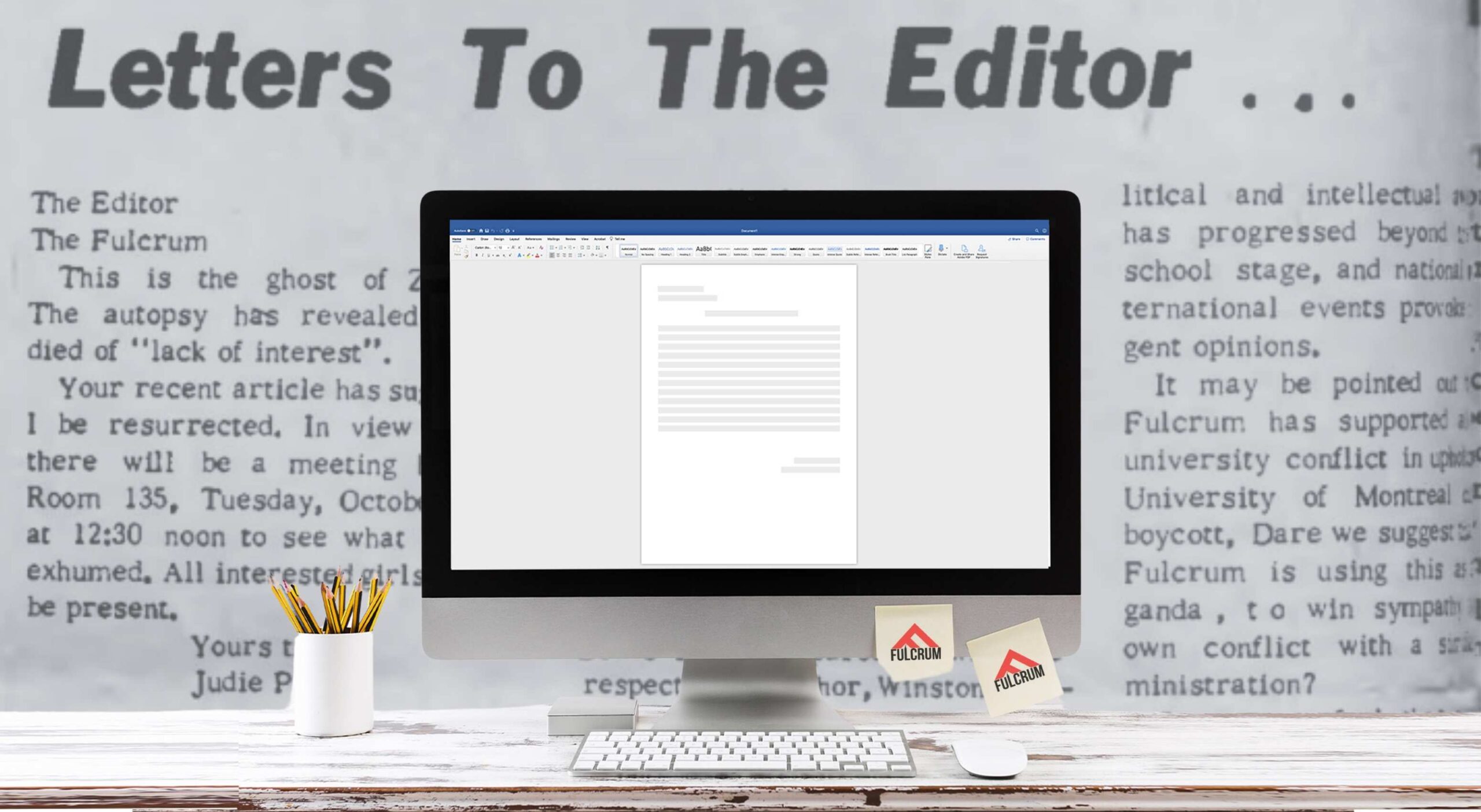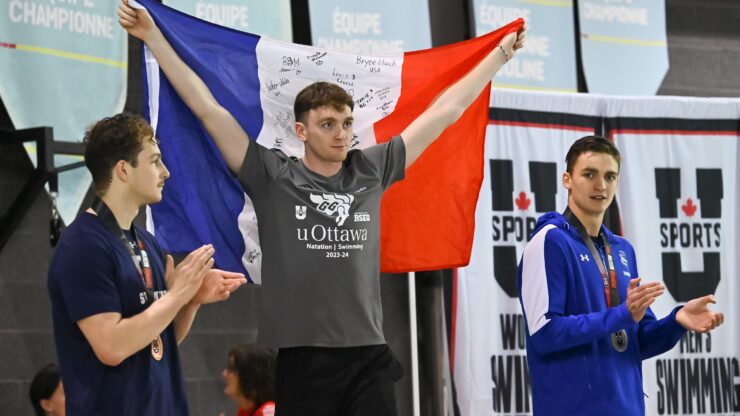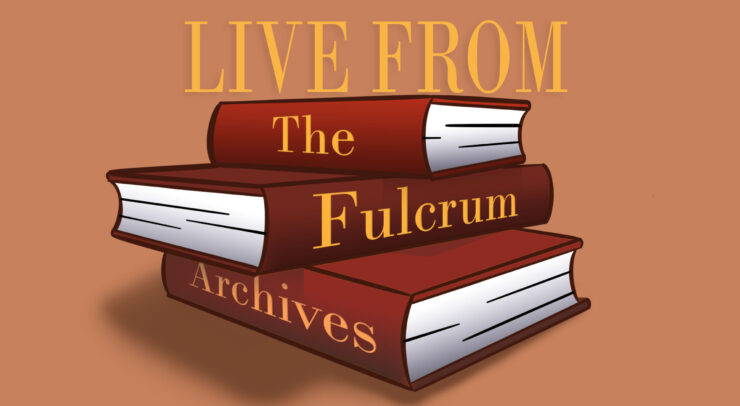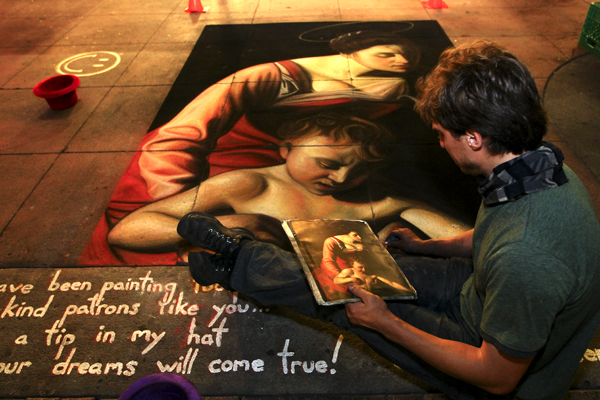It has been several months since the pro-Palestinian encampment disbursed from Tabaret Lawn. Reaction at the time was mixed; some felt quite disappointed that after eleven weeks, negotiations led nowhere, and others felt that the disorder left a significant stain on the university. Those complaining likely failed to and will continue to fail to see the bigger picture.
For decades, students and young people have often been the driving force behind major social movements. From the Civil Rights movement, to anti-war protests, to Occupy Wall Street, to BLM; students are rarely afraid to shy away from the front lines. With that said, times have changed, and young (and old) people are spending more and more time-consuming brainless media, or worse, media that appears to have some underlying intellectual credibility but is merely propaganda in disguise. The tolerance for disobedience is and has been faltering, This is leading to a quite apparent decline in consciousness, and, therefore, an inevitable degradation of social unity.
It is easy to pinpoint the reason for the degradation of social bonds between people. The consequences of Western-sponsored production and Western consumption largely remain invisible to those of us living in North America. We rarely see pictures of children climbing out of cobalt mines in the Democratic Republic of Congo, but that reality is the very reason that we can buy iPhones and watch TikTok. War, on the other hand, has been so heavily sensationalized by mass media, that many of us feel entirely desensitized to the images of violence (and underlying oppression that violence upholds). Our empathy for the global community has quite literally evaporated into thin air, and as such, the true costs of our lifestyle are not properly accounted for within our consciousness. On the question of the media’s influence on our worldviews, many of us would benefit from a careful study of The Propaganda Model, the seminal work of Noam Chomsky and Edward S. Herman published in 1988.
Media aside, our education system has a critical role to play in developing (or not developing) our consciousness. Our schools are where we learn about our world, and, importantly, where we learn the meaning of unquestioned authority. Through our schools, ideas are often presented as fact, best expressed through the saying (and associated thinking); this is the way the world is. Schools and institutions of the like have a leading role in defining society, social relations, and human nature. A thorough reading of history has led many to the entirely natural conclusion that the institutions of our time, define our behavior, and thus our nature. Imagine taking a psychology class in 20th century North America, you would hardly blink to see Eugenics as a topic on the curriculum. Our schools wield an ungodly power over us, a power that one can rarely question with absolute rigour, a power that would instead deflect, blame, and resist any calls for inquiry or change. If our schools and institutions do not understand the responsibility inherent in their power, it is incumbent on us to hold them accountable.
Sad as it may be, the classic works of great thinkers, revolutionaries, and philosophers have articulated this dynamic with far greater depth and persuasiveness than this writing. Needless to say, those works have long been relegated to the smallest and dustiest corners of academia. As a result, the material realities of human existence tend to go unnoticed and, thus, unanalyzed.
Standing in for critical thinking, enforced by our schools, is a so-called natural obedience to common thought, sense, and ideology. Over time, this intellectual resignation leads us away from critical thought and towards a neutral position. We become frustrated with those appearing to cause a disturbance, even if it is to protest University support of a Colonial war. We forget to ask ourselves important questions, and, furthermore, to question the most important topics. Those brave enough to ask the questions are labelled as extremists, bums, or any number of other derogatory terms. Imagine what was said of the students who protested the Vietnam War. We know who turned out to be right about that one.
This sentiment was expressed best by Terry Eagleton: Why do we tend to see ourselves in the middle, and others at the extremes? Would one seek to reconcile slaves and slave masters? What is the middle ground between racism and anti-racism?
The time for more significant and profound thought is now. Questioning our institutions is critical to creating social change. Legal wording, press releases, or proclamations from on high do not constitute credible arguments against the need for change.
The status quo is not worth upholding. The status quo supports the machinery of oppression.
Nobody articulated that better, than Angela Y. Davis, when she says the challenge of the twenty-first century is not to demand equal opportunity to participate in the machinery of oppression.
Let us hope we are able to demand more.





